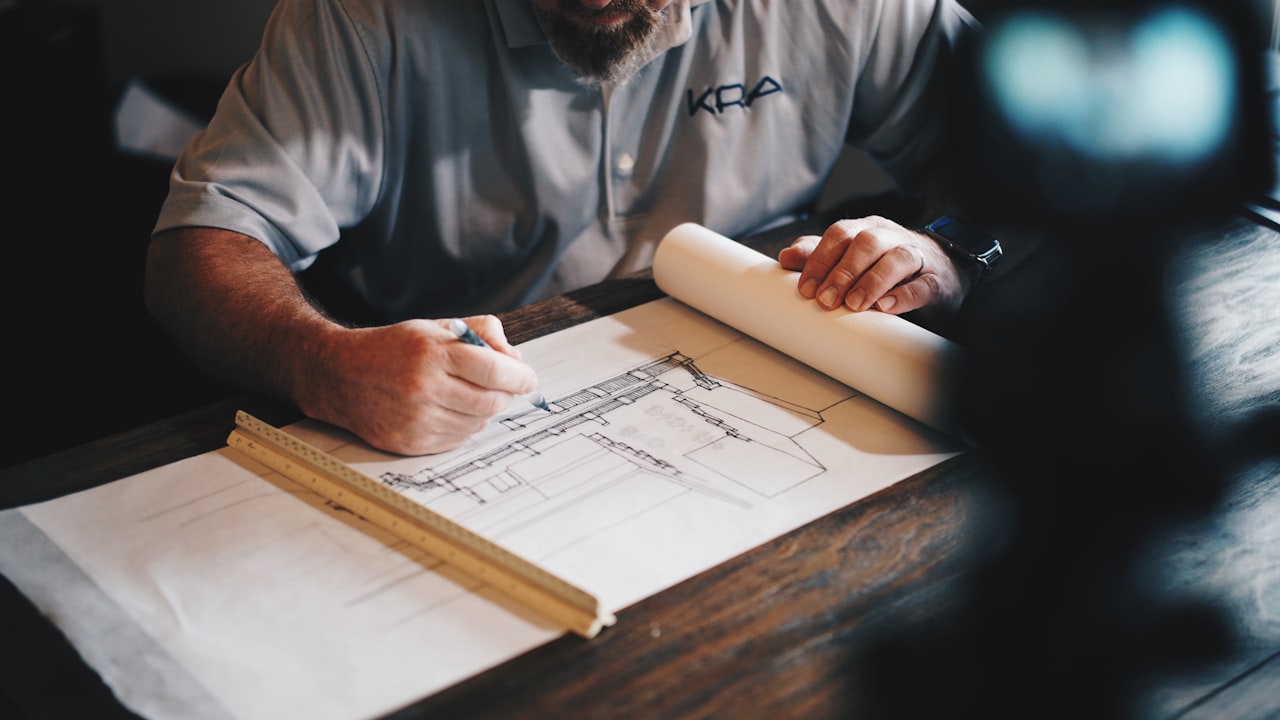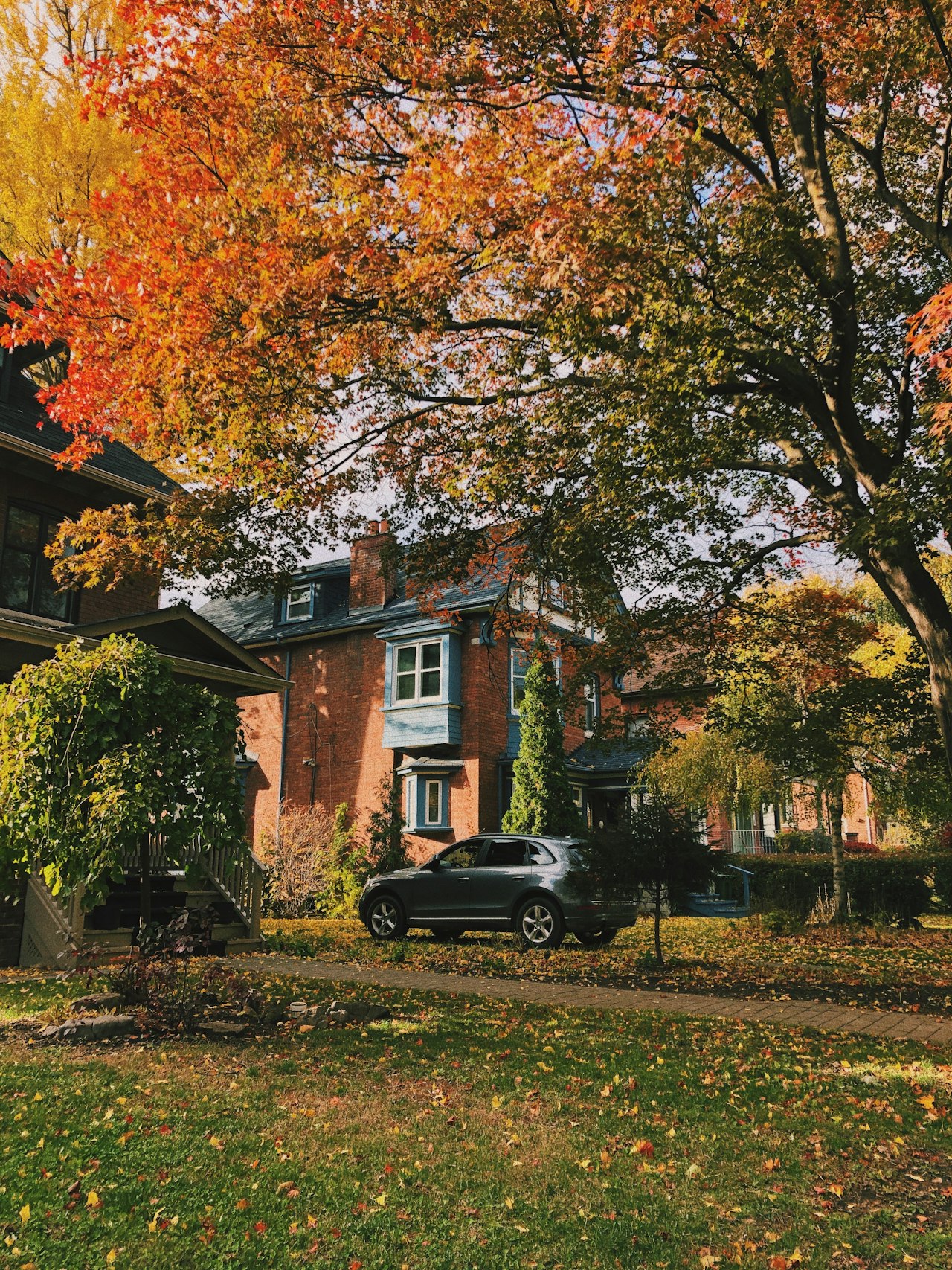In surveying the quality of our lives, there is a widely-followed hierarchy of needs that marks our overall happiness or dissatisfaction at any given stage. This hierarchy varies slightly for each of us, but it always includes the same themes: finances, relationships, professional work, personal enjoyment/leisure, and overall self-fulfillment. These areas of focus contain within them changing importance throughout our lives, but the universal human desire to attain satisfaction within them remains unchanged.
In current times, the magnified focus on mental health and well-being has indeed helped society to take a crucial look at what influences our lives. Who do we spend our time with and how do those people affect us? What do we do for work, and how much energy does our work give us (or take away from us)? What stressors do we need to eliminate? And where do we need to buck up in the name of resilience?
The answers to those questions are infinitely different for each of us, but their theme begs the same question universally:
Am I happy?
What a complicated question.
For the purposes of real estate, moving, and buying/selling, this question is directly related to one fundamental premise: environment.
Where we live directly impacts every ideal listed above. Our homes, neighborhoods, and communities impress upon us a lifestyle that is either tranquil or complicated, large or small, filled with light or hampered by hardship. Our homes hold our histories and write our stories. When we choose a place to dwell in the present, we also make a choice about our future.
Think about your own friend group or family members. What makes one person giddy in the city can overwhelm and annoy another. What can feel like peace and quiet for a suburban resident might feel boring and unfulfilling for a person who thrives in bustling movement. (With the varying types of people and places to live in this world, it is a wonder there aren’t more coaches for people who just need to decide on a perfect home!)
You don’t need a personal coach to recognize your values – your family, inner circle, and practiced real estate broker can help you do that. However, if you feel even slightly confused on a direction for your next move, my best suggestion is to first look at what you’re missing. Like any relationship, your partnership with your home has to feel like a two-way street: you take care of it, and it takes care of you. If your city, neighborhood, neighbors, or specific home are feeling like a mismatch, you would do best to figure out what’s wrong… so you can find something that’s RIGHT for you.
What does that mean? Find out what you’re tolerating. You know – the stuff you put up with in the name of putting it off till later. (Later never comes.)
For example, maybe you really despise your new commute to work. (So, where you live is actually making you exhausted.) Maybe you feel like a misfit introvert in a neighborhood full of potlucks and block parties. (You’d love to live on a quieter street.) Maybe you took on “too much house” when you purchased over a decade ago. (You now spend time cleaning and keeping up with cobwebs when you’d really rather enjoy less square footage and admiring your yard.) Regardless of how seemingly trivial your gripes sound, chances are, they feel monumental to you.
Those are your “tolerations.”
If you’re looking to make a move due to some combination of the annoyances you’re just plain tired of tolerating, employ this exercise:
- We tend to get dragged down and overwhelmed by things that accumulate over time - and we end up cluttering our minds. Now is the time to identify what you're tolerating! You may not want to do anything about your tolerations right now, but just writing them out here will raise your awareness and you’ll naturally start handling, fixing, and resolving them. So, make a list of what you’re putting up with at home to determine what might be cluttering your mind and slowing you down.
- Now, refine that list to the specific things that make you want to move. What are the environmental factors here? Neighborhood, street, type of housing, space, age of home, etc.
- What things could be changed with a quick-fix? What things are more permanent (i.e. the things that are specifically related to where you live, that could be changed by moving)?
- Decide. Imagine getting away from all those tolerations. Does that make you feel even more trapped, or does it make you feel ignited and free? If freedom is on the other side, you’ve just solidified your impending move.
Decisions, decisions. They can be overwhelming…but a perspective change makes them empowering.
Before you decide to move, make a pitstop at the toleration station. After you’ve assessed, you’ll gain clarity on your “who, what, where, and why” – and you’ll make a decision that serves you best. Nobody gets everything they want all of the time, but everybody gets something they want, some of the time. Make your environment a priority. Choose wisely now to reap benefits later. And remember that you are the most qualified judge of your quality of life. If something is missing, evaluate what you’re tolerating. Then, make a commitment to having a home – and building a life – that inspires you to marvel at it all.
>>>
Catch us back here bi-weekly as we bring you curated and Chicago-based real estate content (with a life coach’s twist). Next up: Opening up to the idea of an “open house,” but not sure where to begin? Start here... Open 2023 With an Open House That Shines – Three Tips to Sell Fast




































































































